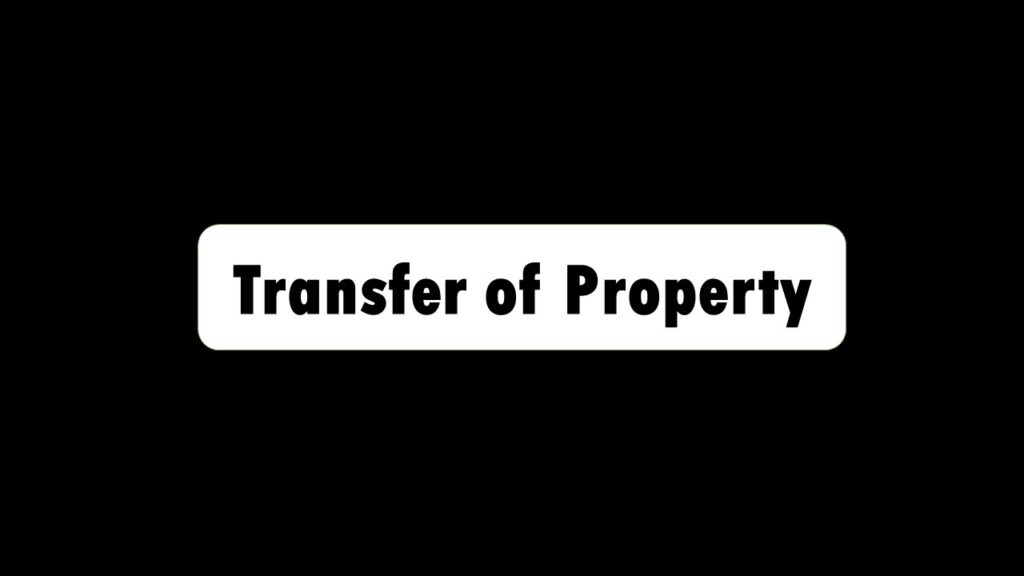Kutchi Lal Rameshwar Ashram Trust Evam Anna Kshetra Trust vs. Collector, Haridwar [(2017) 16 SCC 418]: Supreme Court of India
Principle of escheat under Section 29 of Hindu Succession Act
20. Section 29 [of the Hindu Succession Act, 1956] embodies the principle of escheat. The doctrine of escheat postulates that where an individual dies intestate and does not leave behind an heir who is qualified to succeed to the property, the property devolves on the Government. Though the property devolves on the Government in such an eventuality, yet the Government takes it subject to all its obligations and liabilities. The State in other words does not take the property (at SCC p. 113, para 12) “as a rival or preferential heir of the deceased but as the lord paramount of the whole soil of the country”, as held in State of Punjab v. Balwant Singh. This principle from Halsbury’s Laws of England was adopted by this Court while explaining the ambit of Section 29. Section 29 comes into operation only on there being a failure of heirs. Failure means a total absence of any heir to the person dying intestate. When a question of escheat arises, the onus rests heavily on the person who asserts the absence of an heir qualified to succeed to the estate of the individual who has died intestate to establish the case. The law does not readily accept such a consequence. In State of Bihar v. Radha Krishna Singh, a Bench of three Judges of this Court formulated the principle in the following observations:
“272. ….. Further, before the plea of escheat can be entertained, there must be a public notice given by the Government so that if there is any claimant anywhere in the country or for that matter in the world, he may come forward to contest the claim of the State.

Thank you for any other fantastic article. The place else may just anybody get that
kind of info in such an ideal manner of writing?
I’ve a presentation next week, and I am at the look for such
information.